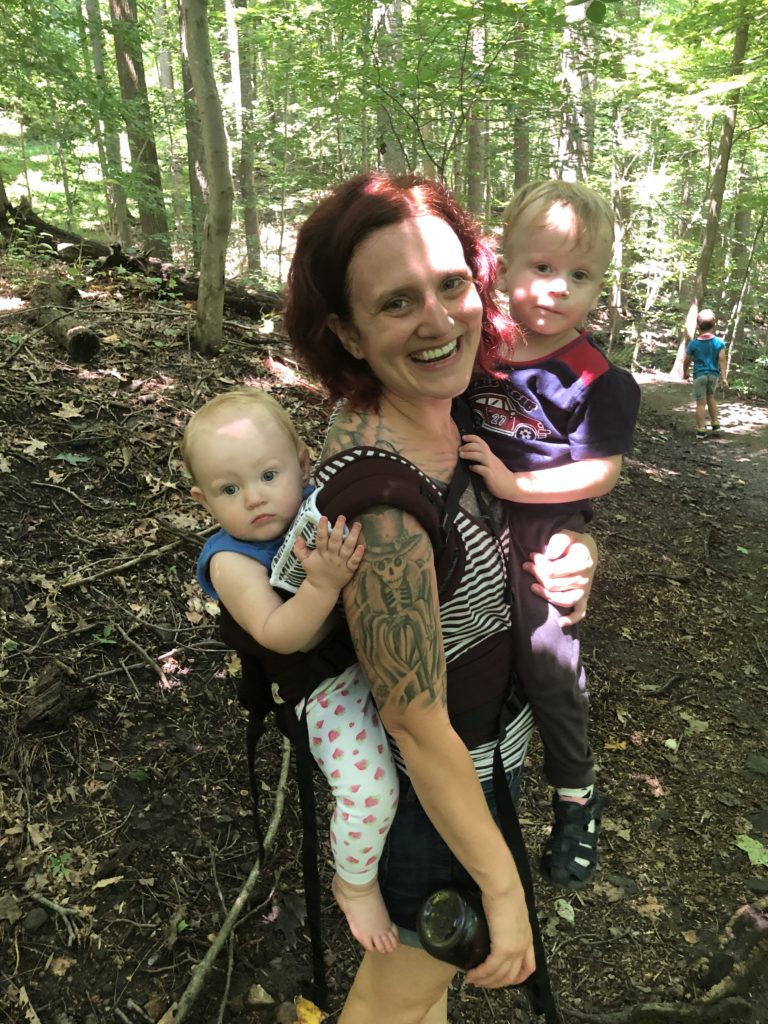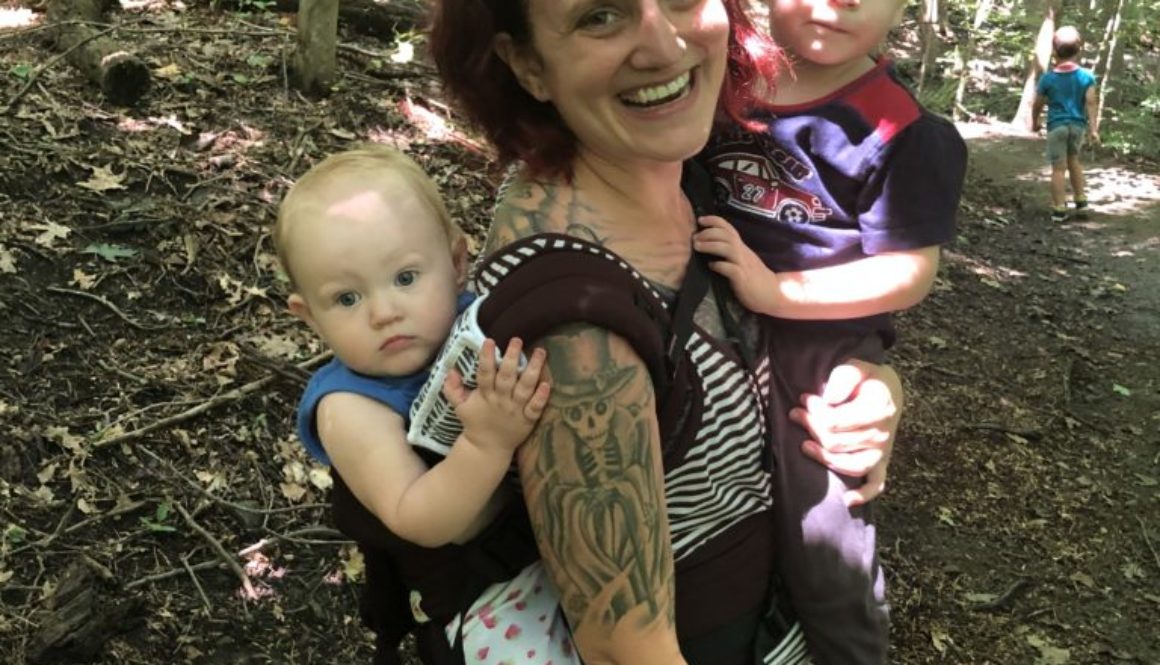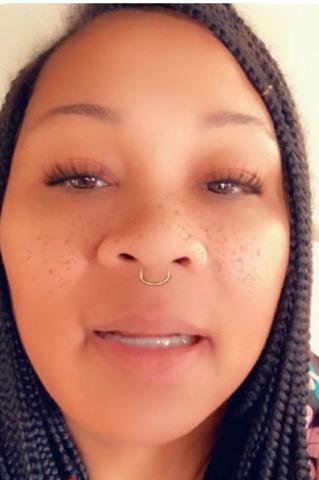Liz Barr

What is your name and where are you from?
Liz Barr, and I’m from Baltimore, Maryland, USA
When were you involved with the ACTG?
I joined my local CAB in 2009. At that time it was the Institute of Human Virology/University of Maryland. I was a CSS member from 2011-2015. I joined the Johns Hopkins CAB in 2017 and also started my second term on the CSS in 2017. I recently resigned from the CSS due to a work conflict.
Describe your community
I’d say my community is women. And I mean that globally, not just in Baltimore. My community includes all women—cisgender women, genderqueer and transgender women, mothers and not-mothers and stepmothers, women who breastfeed and women who bottle-feed, straight women, queer women, women of color, white women, and so on. I really believe that the diversity of experience that women bring to activism, and the resilience that we develop sometimes just by surviving, can make us incredibly effective advocates.
Why are you involved in HIV/AIDS activism?
Good question. I’m always a little surprised to be as involved in the science part of things, since I am not “science-minded.” But I found my way to this work through a commitment to social justice. I think I stay involved because we aren’t done yet, and the people I met have inspired me to be a better activist, and to find creative ways to problem-solve. We still have so much to do as far as access—to trials, to treatments, to knowledge, to self-empowerment, to health literacy—and awareness of the biomedical advances that have already happened. It’s really exciting to be on the forefront of the research that the ACTG does, and the people I have met here (community, staff, clinicians, scientists, all of them) are really the best and smartest people I know
What are the most important treatment issues to your community?
As a new-ish mom, pregnancy and breastfeeding are on my mind a lot. I remain concerned about how to include pregnant and breastfeeding/pumping women in clinical trials so that we can generate data on drug safety during these key life events. I’m also really aware of the co-morbidities of gender-based violence and trauma. We know that violence and trauma impact health and adherence to treatment, and I believe that clinical research needs to continue working to incorporate social-behavioral components so we can understand and address violence and trauma.
How do you want your work in the ACTG to be remembered?
I want to be remembered as a part of Team Women and someone who played a part in this decades long effort to make ACTG research accountable to women. That has been such a long slog, and I’ve only been in the fight for a fraction of the time. But when we get there, I hope people remember it as another example of how community can rewrite the whole research process. Mostly though, I want my colleagues to remember how much I love them, and how much they inspire me.
What are your hopes for the ACTG and HIV research?
I hope that the ACTG continues incorporating social science measures and looking for ways to account for all dimensions of participants’ lives, including violence and trauma. I hope that the ad hoc community group working on women’s enrollment—Team Women—is successful in achieving its goals (increased and sustained enrollment of women in all studies and the funding to make that happen). I hope that more studies include primary or secondary objectives related to sex and gender. I hope that the ACTG continues finding ways to fund efforts like the WOW [Women’s Outreach Worker program]. Of course, I hope we work ourselves out of a job in HIV and TB, but more than that, I hope non-HIV researchers start to duplicate the ACTG’s model of how to do community-centered research. There is always room to strengthen community engagement, but the ACTG has a powerful infrastructure that can be leveraged really effectively to fulfil the network’s mission.


